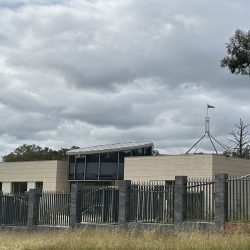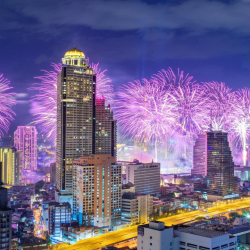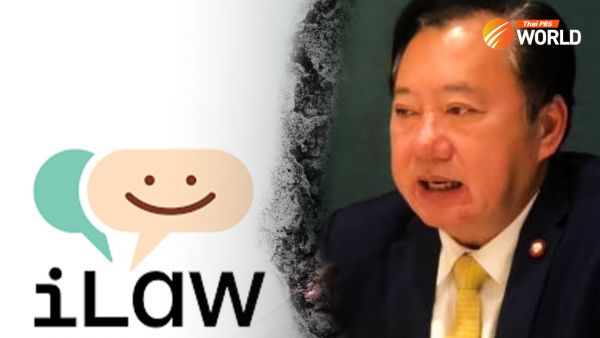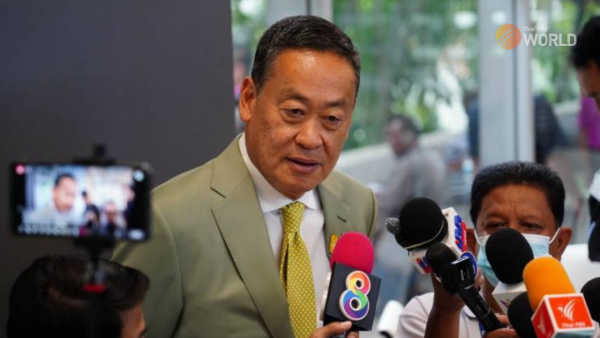The paradox of Thai public acceptance of LGBTQ+

If the accomplishment of Bangkok Pride 2023 can be measured by the number of participants, then it was a success. The event, which was held earlier this month, drew around 50,000 people, more than double that of last year. Thais and foreigners, cisgender heterosexual people and members of LGBTQ+ community, from all walks of life, politicians, artists, celebrities, influencers, government agencies, private sector workers, ambassadors and more joined the event to celebrate the differences, to promote acceptance and equality and to raise awareness of issues affecting LGBTQ+ people.
Thailand has a reputation for being a tolerant country and Thai society seems to be very accepting and friendly towards sexual and gender diversity. Nonetheless, according to research titled ‘LGBT-friendly Thailand?’ by Mahidol University, Plan International Thailand, and UNESCO Bangkok demonstrated that more than half (56%) of a sample group of self-identified LGBT students reported having been bullied in the month prior to the survey being conducted.
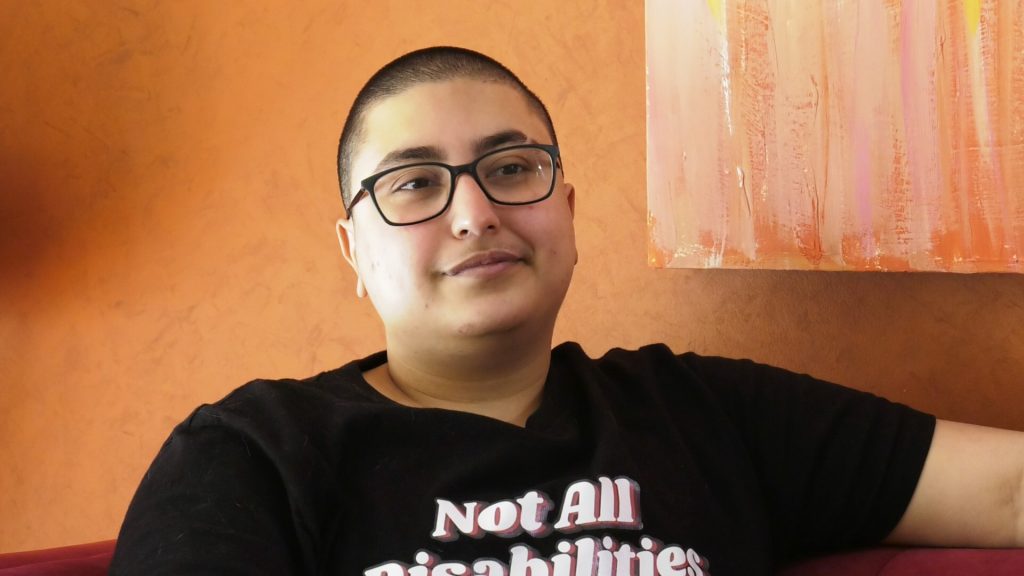
One of those victims was Shane Bhatla, Associate Director of the Equal Asia Foundation. In his teens, he was bullied at an international school, just because of his gender identity.
He pointed out that, beneath the surface, it is quite different from people’s perception.
“I think, when a lot of my friends from abroad come here, they have this cute idea of how friendly and how accepting Thai society actually is, when it comes to LGBTIQ people. When you’ve lived here for 29 years and when you’ve grown up here, however, there’s so much that people don’t see. Like Trans people are still only getting really low paid jobs. There’s still the sense of discrimination in workplaces”.
Shane added that as there are no laws to protect them and to protect against discrimination. So, how are they supposed to exist in such an environment and to live happily in a space that is made to keep them down?
“And I think that is a very important point, because we can actively say that we accept people who are visiting us, who are LGBTQ+, but what happens to the people who are living in this country?” he said.
To scrutinize the paradox of social acceptance and non-acceptance of the LGBTQ+ community in Thailand, Thai PBS World talked to Timo Tapani Ojanen, a Lecturer at the Faculty of Learning Sciences and Education at Thammasat University. He suggests that acceptance depends on the context and the situation. Basically speaking, the more formal the situation, the more difficult it gets.
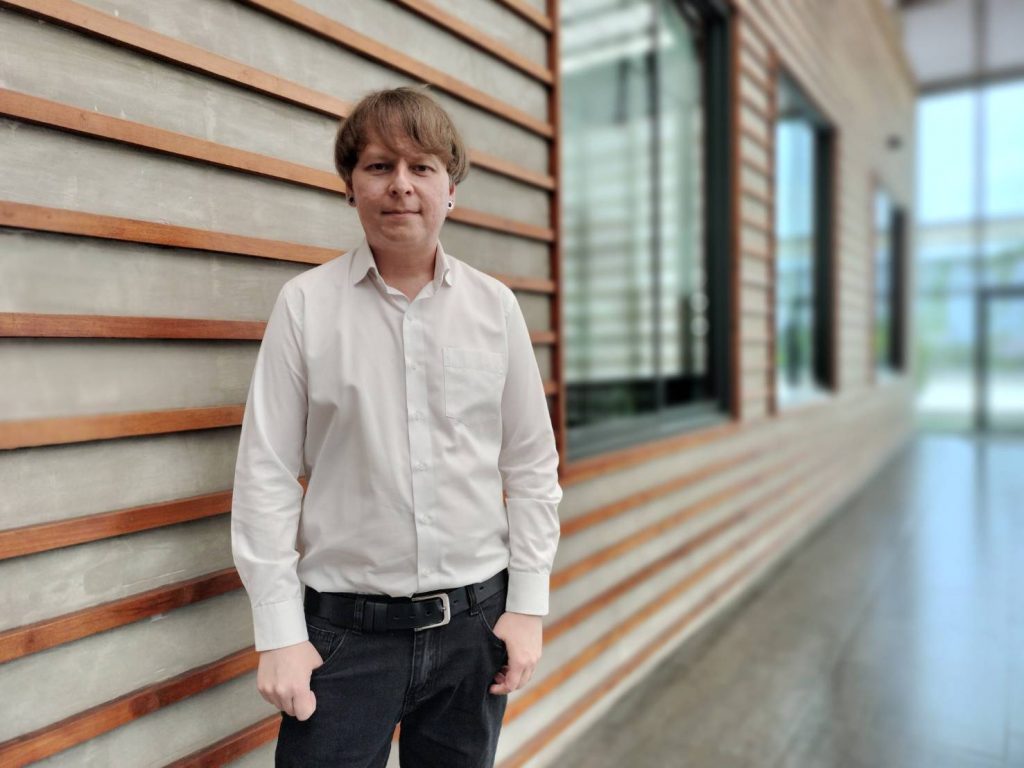
“In some contexts, for example, if you are a hairdresser or a flower shop owner, and you are a Trans woman, it’s perfectly fine but, if you want to be a General, a judge or the prime minister, things will be much more difficult”.
Due to the expectation of gender expression in a very specific context, for instance in the civil service, where all the officers wear uniforms and must abide by very specific regulations about how men and women are supposed to express themselves, “When you are not a man or a woman in the usual sense, then they start to experience problems of discrimination”, Timo added.
Bangkok will probably be the host of World Pride 2028. This lofty ambition is supported by Bangkok Governor Chadchart Sittipunt, the presumptive prime minister Pita Limjaroenrat and the organiser Bangkok Naruemit Pride. To be eligible bid to host the event, Thailand must first meet all the basic criteria, including legalised marriage equality and gender recognition laws.
As far as social acceptance of the LGBTQ+ community is concerned, Thailand is one of the best in ASEAN. The country has the potential to be one of the safest destinations in the world for LGBTQ+ tourists. If we can accept LGBTQ+ visitors, we should do so with our compatriot LGBTQ+ people as well. Apart from building safety and understanding, improving their rights and legal issues, however, many things still need to be done, including dealing with expectations for gender expression.
Timo highlighted the importance of unconditional acceptance, rather than only accepting people in certain situations and, if they behave themselves in a certain way, the standards, the norms of society have a basis for cisgender, heterosexual, male or female and we should get beyond the expectation that people who are not cisgender heterosexuals behave in the way expected of cisgender heterosexuals.
By Jeerapa Boonyatus
Mental health assistance agencies
1) Children’s Call 1387 (for those under 18 years old)
Hotline service for counselling assistance. Liaison with relevant agencies for all children’s issues in Thailand.
2) Samaritans Society of Thailand 02-113-6789 (no age limit)
3) Love Care Station
Provided an online counselling https://www.lovecarestation.com (4pm. – 12 am.)
Facebook page (12 pm. – 8 pm.)
4) Save the Children Thailand 092-418-9187
Email: feedback.thailand@savethechildren.org
Line: SCI.feedback
Facebook page: Save the Children Thailand

